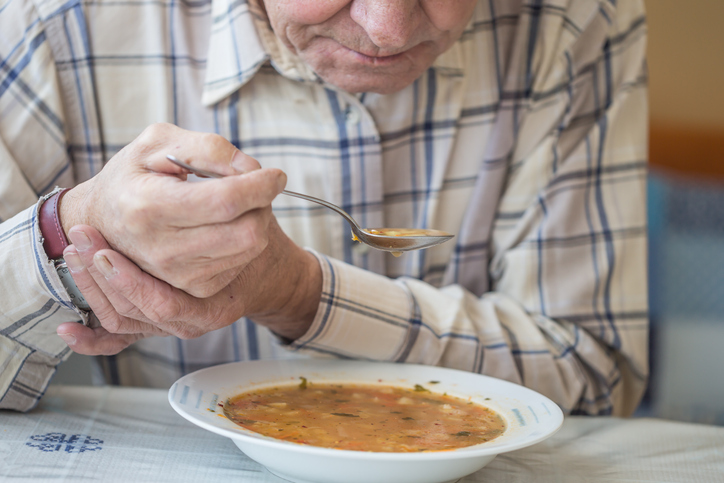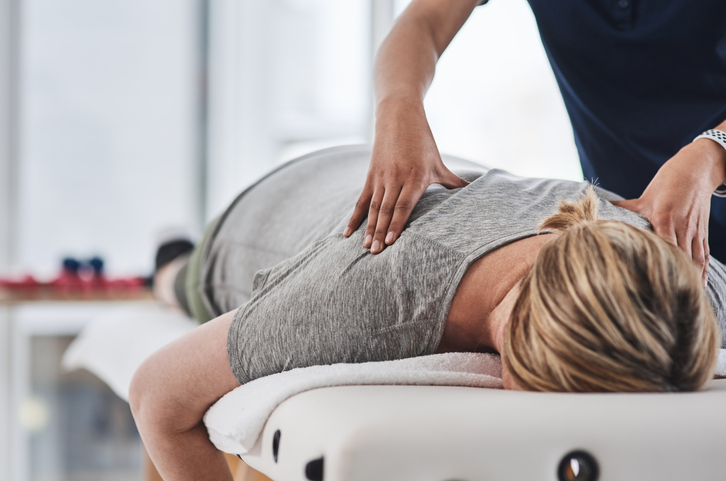Pain
6 Tips to Help Manage a Motor Neuron Disease

1 person found this helpful
Print
Share
Save
While there is no cure for motor neuron diseases (MNDs), there are certain things an individual can do to make living with an MND more manageable. Six tips to help manage a motor neuron disease, such as amyotrophic lateral sclerosis (ALS), progressive bulbar palsy (PBP), primary lateral sclerosis (PLS), or spinal muscular atrophy (SMA), include the following:
- Take advantage of various types of health care. Individuals with motor neuron diseases usually rely on neurologists for the management of their condition; however, other medical professionals can help, too. For example, a physical therapist can help design an individualized program to strengthen the muscles. An occupational therapist can help by providing information about alternative methods and assistive tools for daily tasks. A speech therapist can aid with any speech issues. A dietician can recommend nutritious foods that are easier to chew and swallow. A therapist or counselor can teach coping skills for any mental health issues, such as anxiety or depression. Guidance and support from these various medical professionals can help improve daily life.
- Ensure the right devices and medical equipment are in the home. Wheelchairs, power chairs, and walkers can help with mobility issues. Shower chairs and grab bars can help with the process of bathing. Assistive devices are also available to help with dressing and to help pick up things from hard-to-reach places.
- Join a support group. There are both virtual and in-person support groups for individuals with motor neuron diseases, especially ALS. These groups are a great way to meet others with the same condition and learn helpful tips to deal with an MND. There are also support groups for family members of individuals with MNDs.
- Maintain healthy lungs. Motor neuron diseases make the lungs more susceptible to respiratory infections, such as pneumonia. Frequently washing the hands with soap and warm water, getting vaccinated as recommended by a medical professional, and staying away from others who are sick can help prevent respiratory infections. Breathing devices and breathing exercises as directed by a physician can also help keep the lungs as healthy as possible.
- Keep moving as much as possible. Although physical activity can be a challenge when living with a motor neuron disease, it is essential to move as much as possible in order to improve muscle strength and maintain overall health. Participating in physical therapy is a good way to learn appropriate physical activities that correspond with an individual’s abilities.
- Talk about it with family and friends. Certain aspects of motor neuron diseases, especially issues with speaking or controlling emotions (pseudobulbar affect), can cause feelings of embarrassment. Explaining symptoms to family members and friends can remove any confusion, making time with loved ones less stressful and more enjoyable.

















